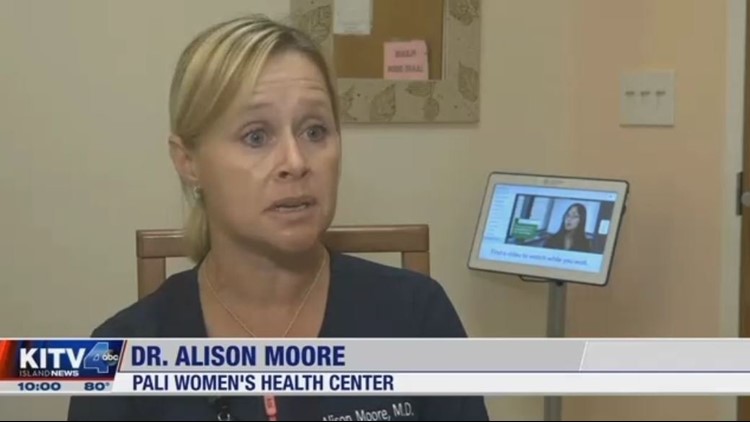Dr. Alison Moore, a Kailua, Hawaii resident, says she sees many pregnant homeless women as she drives around her neighborhood.
She says some appear to be on drugs, then weeks or months later, some end up in her delivery room.
“Seeing the pain and anguish to have a baby taken from its mother and being so young and healthy, at least fertility wise that she was gonna come back again and again and year after year and go through this trauma,” Dr. Moore said.
Moore contacted contraceptive manufacturers. One responded by donating 30 IUDs, She says that supply can last until the end of the year.
According to Moore she chose this type of birth control over others because it can last up to five years without needing to be replaced and there are other benefits.
“They don’t menstruate. For someone who’s homeless, hygiene is a really big deal. It’s a huge deal for these women. So it’ll improve their day to day life just not having to worry about that,” Moore said.
Waimanalo Beach Park is one of many homeless campsites here on O’ahu. Women who live here that I spoke with say they support free contraceptives because many young girls live here but are already on drugs.
Moore says most of those patients don’t come back after they give birth, so the ideal time to help them is before they leave.
She says the device can be implanted as soon as 48 hours after birth.
“This is really an opportunity. It’s also a moment of clarity, when they’re off drugs and hopefully stabilized,” Moore said.
Dr. Moore hopes to provide more free IUDs in the long run but price is a factor. She says one without insurance is between $800 to $900.



